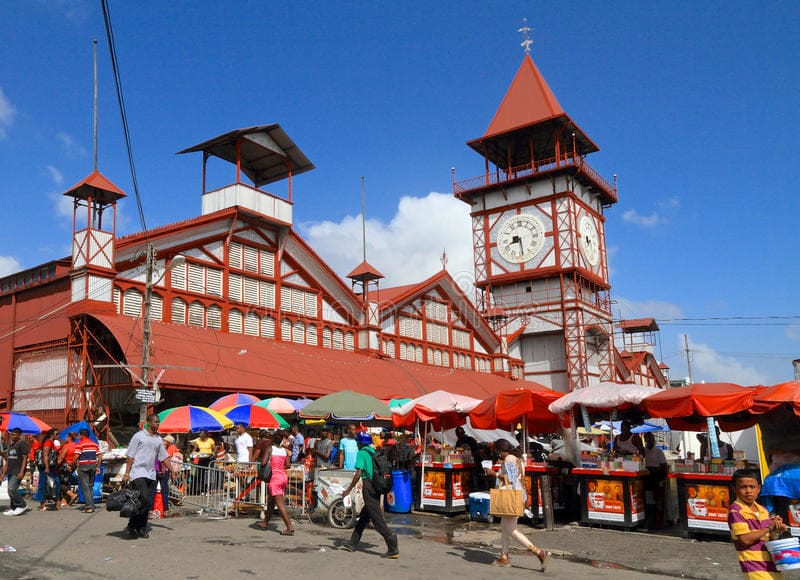From the diverse landscape of Ghana to the ultramodern architecture of Qatar, one can find a plethora of lessons on what to do with oil revenues. But the one thing Guyana, an oil explorer’s paradise must not do, is find herself a blind imitator of others. This advice was recently imparted by Dr. Lorraine Sobers, a Fulbright Scholar currently lecturing at the University of the West Indies, St. Augustine.
In a recent column, Dr. Sobers contended that the onus is ultimately on the Guyana Government to determine how it will make the best use of the oil wealth given the realities of the day. Essentially, it is the administration that must be allowed to determine the extent to which it will use oil revenues for economic transformation while setting aside a portion for inter-generational wealth.
Dr. Sobers who has 19 years of experience in the energy sector said there is much Guyana can learn from Ghana, Suriname, Qatar, Trinidad and Tobago, the United Arab Emirates, and Venezuela on the dos and don’ts of how to manage its oil revenues via the Natural Resource Fund (NRF). She stressed however that these countries are to only be seen as case studies to help Guyana identify best practices.
“They are not intended to be imitated blindly,” expressed the industry expert.
Guyana’s oil fund balloons to US$949.9 million | OilNOW
Instead, Dr. Sobers said the focus ought to be on identifying proven principles that lead to right thinking and action. She opined that changing conditions, shifting strategies and new paradigms call for discretion and common sense in applying history lessons to today’s challenges.
Importantly, Dr. Sobers posited that an effective NRF is one that is free of political meddling, transparent, underpinned by policies that allow for growth, and hampers the proliferation of the resource curse on the economy by limiting transfers to the national budget.
She said, in the end, “The onus is on the government to perform a delicate balancing act between present and future needs though they may be severely criticised for taking hard decisions.”
Her advice is shared by the International Monetary Fund (IMF) which recently recognised Guyana for its commitment to transparency and accountability in the management of its resource wealth.
Guyana’s NRF legislation was updated in December.



